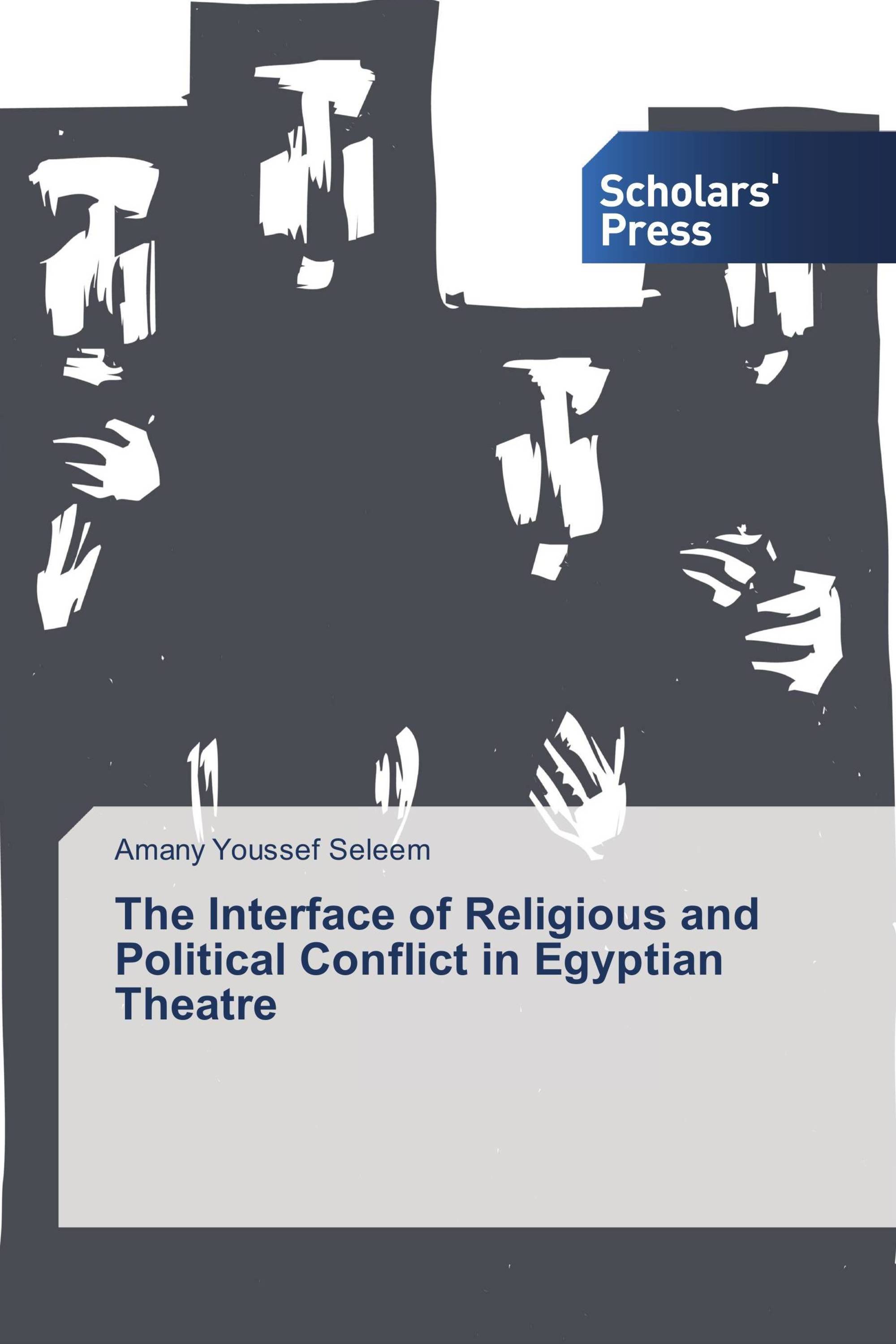The Interface of Religious and Political Conflict in Egyptian Theatre
International Research Press ( 15.11.2013 )
€ 94,90
Using religion to achieve political power is a thematic subject used by a number of Egyptian playwrights. This book documents and analyzes eleven plays by five prominent Egyptian playwrights: Tawfiq Al-Hakim (1898- 1987), Ali Ahmed Bakathir (1910- 1969), Samir Sarhan (1938- 2006), Mohamed Abul Ela Al-Salamouni (1941- ), and Mohamed Salmawi (1945- ). Through their plays they call attention to the dangers of blind obedience.The primary methodological approach will be a close literary analysis grounded in historical considerations underscored by a chronology of Egyptian leadership. Thus the interface of religious conflict and politics is linked to the four heads of government under which the playwrights wrote their works: the eras of King Farouk I (1920-1965), President Gamal Abdel Nasser (1918-1970), President Anwar Sadat (1918-1981), and President Hosni Mubarak (1928- ). While this study ends with Mubarak’s regime, it briefly considers the way in which such conflict ended in the recent reunion between religion and politics with the election of Mohamed Morsi, a member of the Muslim Brotherhood, as president following the Egyptian Revolution of 2011.
Détails du livre: |
|
|
ISBN-13: |
978-3-639-70290-3 |
|
ISBN-10: |
3639702905 |
|
EAN: |
9783639702903 |
|
Langue du Livre: |
English |
|
de (auteur) : |
Amany Youssef Seleem |
|
Nombre de pages: |
256 |
|
Publié le: |
15.11.2013 |
|
Catégorie: |
Théâtre, Ballet |



